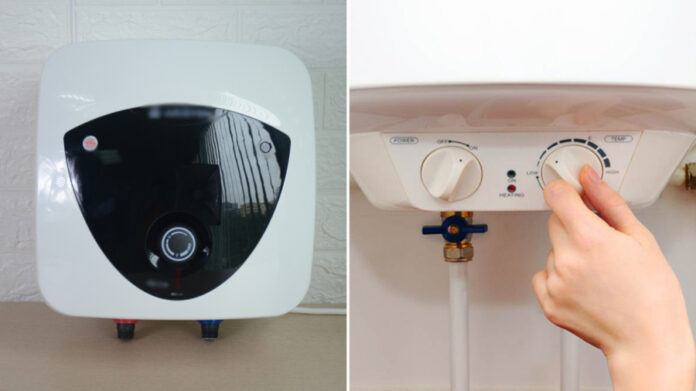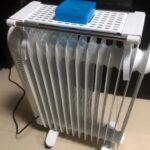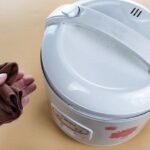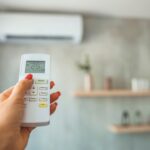Water heaters are an essential household appliance, especially after a long day of work. A warm shower is a great way to relax, reduce stress, and wash away the dirt and grime. In the past, we had to boil water and mix it with cold water for a bath, but now, with water heaters, it’s much more convenient. It only takes about 10-20 minutes to have hot water ready for use, which is especially useful during winter.
However, it’s important to note that water heaters consume a significant amount of electricity. Therefore, using them indiscriminately can lead to wastefulness and higher electricity bills. A 20-liter water heater turned on for just one hour a day can consume around 70-80 KWh per month, which is more than a refrigerator running 24/7.
Water heaters have a “little switch” that can help reduce electricity costs. All water heaters have a temperature adjustment knob or button. Usually, most heaters are set to the maximum temperature by default, meaning that when turned on, the water will be heated to the highest possible temperature before the device automatically turns off. According to various sources, the maximum temperature for different types of water heaters can be: 55°C for direct heaters, 80°C for indirect heaters, 51°C for infrared heaters, and 70°C for solar heaters.
Users can easily adjust the temperature of their water heaters according to their needs. During summer, when the demand for hot water is lower, you can set the temperature to 30-40°C. In winter, when the demand for hot water increases, you can adjust it to 60°C. It is recommended not to use water hotter than 60°C.
For daily activities like showering and washing, a temperature of 30-50°C is suitable. Higher temperatures are unnecessary and can cause scalding. Some water heaters don’t have clear temperature markings, so you can adjust the temperature to low, medium, or high as needed.
Other Tips for Saving Electricity When Using Water Heaters
– Don’t shower for too long
Long showers not only increase your electricity bill but are also not great for your skin and hair. Limit your shower time to 5-10 minutes, and if you’re using a bathtub, try not to soak for more than 15 minutes.
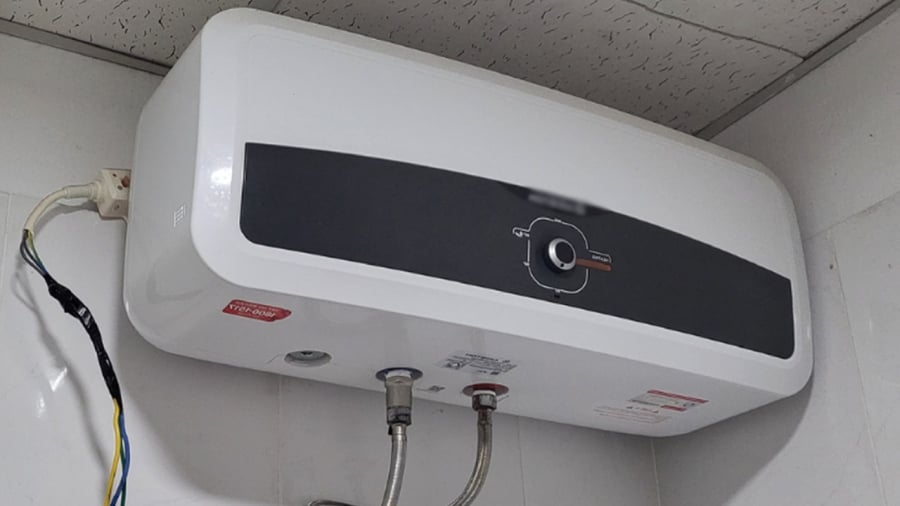
Pay attention to your water heater usage to save electricity and ensure safety.
– Don’t keep the water heater on all day
While water heaters can automatically turn off when the water reaches the desired temperature, the water will eventually cool down, causing the heater to turn on again. This cycle can lead to a significant increase in your electricity bill. Instead, turn on the water heater only when needed, about 20 minutes before use, and then turn it off by switching off the circuit breaker or unplugging the heater. This way, you save electricity and also prevent accidents like electric shocks or fires.
– Regularly maintain your water heater
Water heaters require regular maintenance to function efficiently and safely. Check the appliance and its wiring periodically to identify and fix any potential issues. You can also use an electric pen to test the water heater by touching the water pipe or the water directly.
























